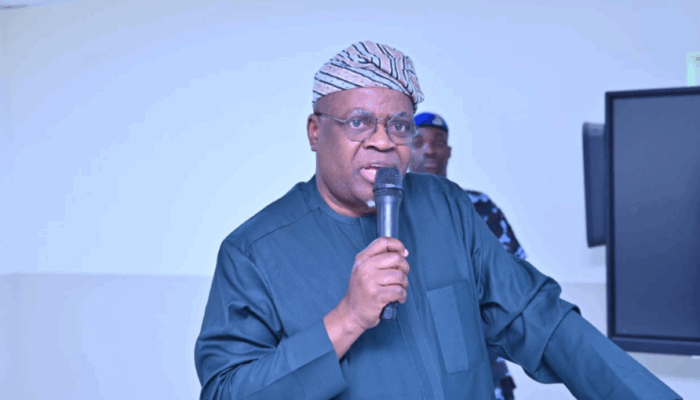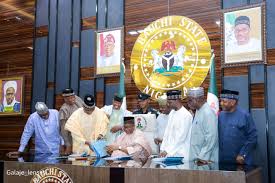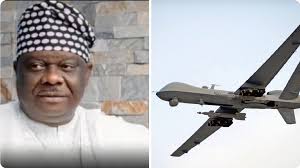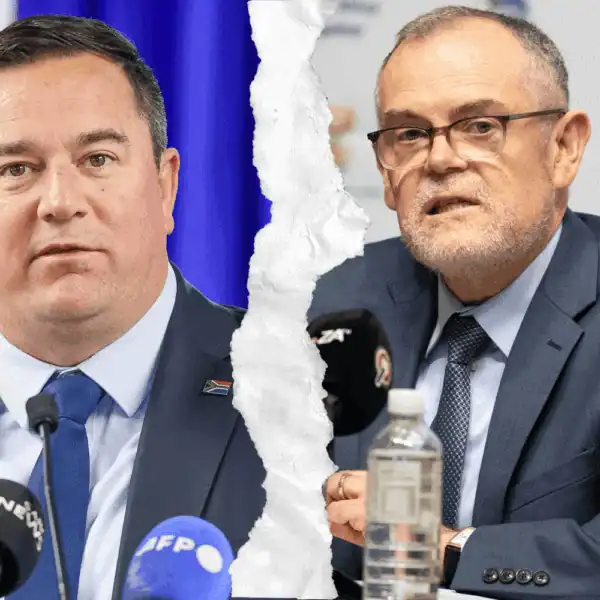
The Nigeria Export Processing Zones Authority (NEPZA) has restated the position of the law setting up the organisation regarding the operation of the Free Trade Zones (FTZs) across the country, maintaining that strike actions and lockouts are prohibited for 10 years.
In a statement by the organisation, it reiterated that the law prohibiting such actions remains in full effect, explaining that while workers in the free zones retain the right to join or form trade unions and engage in collective bargaining, any dispute must first be referred to NEPZA for resolution as required by the law.
Managing Director of NEPZA, Dr. Olufemi Ogunyemi, who made the clarification in a statement issued in Abuja by the Authority’s Head of Corporate Communications, Dr. Martins Odeh, noted that the reminder was necessary following what he said were the frequent external union interferences that disrupted operations at the Dangote Refinery.
The face-off between the Dangote Refinery and the Petroleum and Natural Gas Senior Staff Association of Nigeria (PENGASSAN) recently drew public attention to labour relations in Nigeria’s emerging private energy sector.
PENGASSAN, which represents senior oil and gas workers, accused the refinery’s management of resisting efforts to unionise its employees, insisting that workers have the constitutional right to belong to any association of their choice.
The union claimed that several attempts to engage management were rebuffed, prompting nationwide solidarity actions. Dangote Group, on its part, maintained that it was not against unionism but preferred to allow its workers to freely decide whether or not to join a union without external pressure. The tension led to a three-day strike which grounded the oil sector.
But in its intervention, NEPZA, which licenses and supervises free zones, ensuring compliance with regulations, and providing infrastructure and incentives to investors, noted that the Nigeria Export Processing Zones Act, under Section 18(5), explicitly states that there shall be no industrial action in the first decade of a company’s operation.
NEPZA is also responsible for promoting and regulating FTZs and Export Processing Zones (EPZs) across Nigeria, to attract foreign and local investment by creating special areas where businesses can operate under more favourable conditions than elsewhere in the country.
“There shall be no strikes or lockouts for a period of 10 years following the commencement of operations within a zone, and the Authority shall resolve any trade dispute arising within a Zone,” the statement said.
According to the NEPZA chief, while workers in the free zones retain the right to join or form trade unions and engage in collective bargaining, any dispute must first be referred to NEPZA for resolution as required by law.
According to the organisation, the recent dispute between PENGASSAN and the Dangote Refinery should have been routed through NEPZA’s administrative framework, which operates a “one-stop-shop” system designed to ensure swift and efficient resolution of issues.
Besides, Ogunyemi emphasised that free trade zones are governed by specific legal provisions, and that external labour laws only apply to the extent they are consistent with the NEPZA Act.
He said: “In cases of conflict between the Trade Unions Act (TUA) or Trade Disputes Act (TDA) and Section 18(5), the provisions of Section 18(5) take precedence as the more specific regulation governing Free Zones.”
However, he expressed appreciation for the swift intervention of President Bola Tinubu in the Dangote and PENGASSAN altercation, noting that his leadership helped to de-escalate tensions and safeguard a vital national economic asset.
He reaffirmed NEPZA’s commitment to maintaining industrial harmony in all free trade zones, describing constructive labour relations as an essential ingredient for Nigeria’s continued industrial growth and economic stability.
“We are pleased that the conflict has been de-escalated. Dangote Refinery is a declared FTZ that continues to benefit from tax incentives and customs duty waivers to support the economy, and NEPZA regulates it.
“The Free Trade Zone scheme in Nigeria is slightly over 30 years old, and we ought to be familiar with the scheme and the global rules that guide the operation of this world economic model, which aims to accelerate economic development and industrialisation.
“The NEPZA Act requires us, along with all instruments of the corporate government system within the industry, government agencies, and relevant sectoral and specialised bodies, to honour the Authority’s “one stop shop” status in overseeing the scheme,’’ Ogunyemi said.
He added: ” It is a sign of President Tinubu’s maturing democracy that this has been resolved quickly without deleterious effects on our economy.”
Emmanuel Addeh and Peter Uzoho



